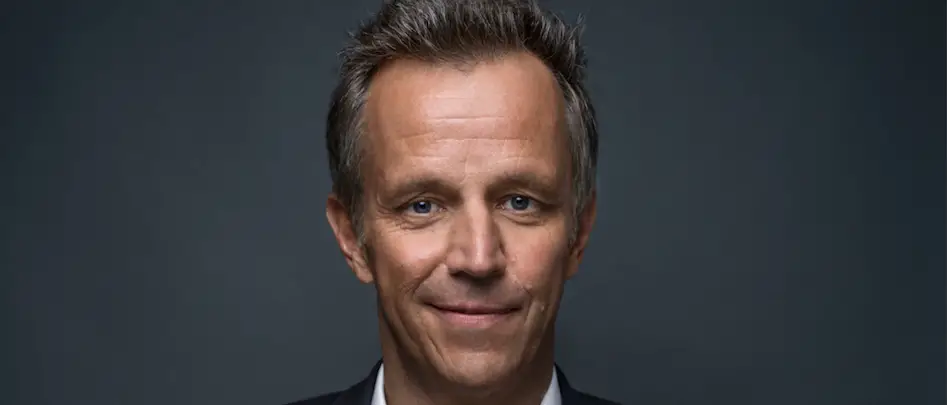Last year US ‘activist’ investor Elliott Management bought a 6.9 per cent stake in Interpublic, making it one of its biggest investors. Elliott specialises in shaking up companies, often by forcing a sale.


But IPG, rather bizarrely, has appointed three new directors to its board – former Princeton Review CEO Deborah Ellinger (described as a ‘serial CEO’), Marblegate Asset Management chairman Henry Miller and Jonathan Miller, a former executive at News Corp and AOL. They will join the board on March 1 and will be joined on the finance committee by two other independent directors. Miller used to be News International’s digital whizz, as I recall. Both Ellinger and Henry Miller are said to be ‘turnaround’ specialists. At least two of the three are reported to be there at Elliott’s behest.
This seems to be something of an over-reaction on IPG’s part, to put it mildly. 6.9 per cent is a reasonably substantial stake but hardly enough to merit such seismic changes.
But it’s the US we’re dealing with and activist investors, like Carl Icahn and Nelson Peltz, have been been bugging big companies for years. Icahn has recently been trying to push Apple CEO Tim Cook around, with some success.
IPC CEO Michael Roth has clearly decided he’d sooner have Elliott inside the tent, aiming outwards, not the other way round. But what exactly are these turnaround types going to recommend IPG does?
Sell off some of the ragbag of companies it’s acquired over the years? Maybe even sell one of the big networks (IPG owns McCann, Lowe, FCB and PR giant Weber Shandwick among others).
IPG shares have risen strongly over the past year; partly because its operating performance has improved and partly because of Elliott’s presence. The impact of the latter won’t last for much longer unless it can show it’s doing something.
And it’s hard to see how that can mean a bigger IPG. But it may well mean a smaller one.









